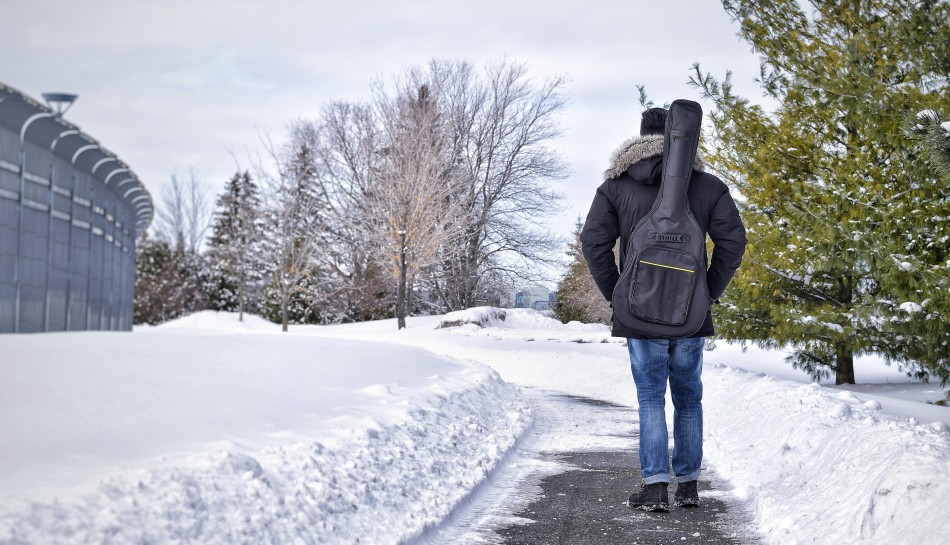Canada implements policies to increase affordability of housing and groceries
A new Leger poll conducted for OMNI news, illustrated the effect of an increasing cost of living on newcomers in Canada. According to the study, 83% of the 1522 newcomers surveyed felt that affordability issues were making settling in Canada more difficult.
Simultaneously, a recent study by Statistics Canada found that more than a third of newcomers who recently arrived in the country were in renting situations where they needed to spend more than a third of their pre-tax income on rent.
On February 6th the federal government announced new policies to help increase affordability for Canadians, and those living in Canada. Similar affordability policies were instituted by the government last year.
5 challenges newcomers face in Canada and how to deal with them
Immigration, Refugees and Citizenship Canada’s (IRCC) Immigration Levels Plan 2023-2025 aims to welcome over 460,000 new immigrants each year, which is the highest level in Canadian history.
Upon arrival, newcomers must settle into their new homes and may experience some challenges adjusting to Canada and their new lives in the country.
Canada’s top employers in 2024
MediaCorp has released its list of winners for 2024's “100 top employers in Canada” competition.
The annual event (which has been running since the year 2000) continues to not just garner wide-spread attention in Canada, but also shapes the employment searches of Canadians and newcomers alike. The competition aims to recognise employers that lead their industries in “offering exceptional workplaces for their employees”.
Canada invests $86 million to recognize foreign healthcare credentials
On January 15th, Minister of Employment, Workforce Development and Official Languages, Randy Boissonnault, announced $86 million in funding to 15 organizations across Canada.
The funding will go towards speeding up the accreditation for internationally educated health professionals (IEHP), since long wait times and difficulty finding a family physician are increasingly common issues across the country.
Canada announces Immigration Levels Plan 2024-2026
Canada has released its Immigration Levels Plan 2024-2026.
Canada's immigration levels will remain unchanged from its current targets. In 2024, the country will target the admission of 485,000 new immigrants. In 2025 and 2026, Canada will look to welcome 500,000 new immigrants in each year.
The targets are the same as those announced under the Immigration Levels Plan 2023-2025. The new information released today is the 2026 target, as well as updates to the levels of immigrants that will be admitted under each class and program between 2024-2026.




















